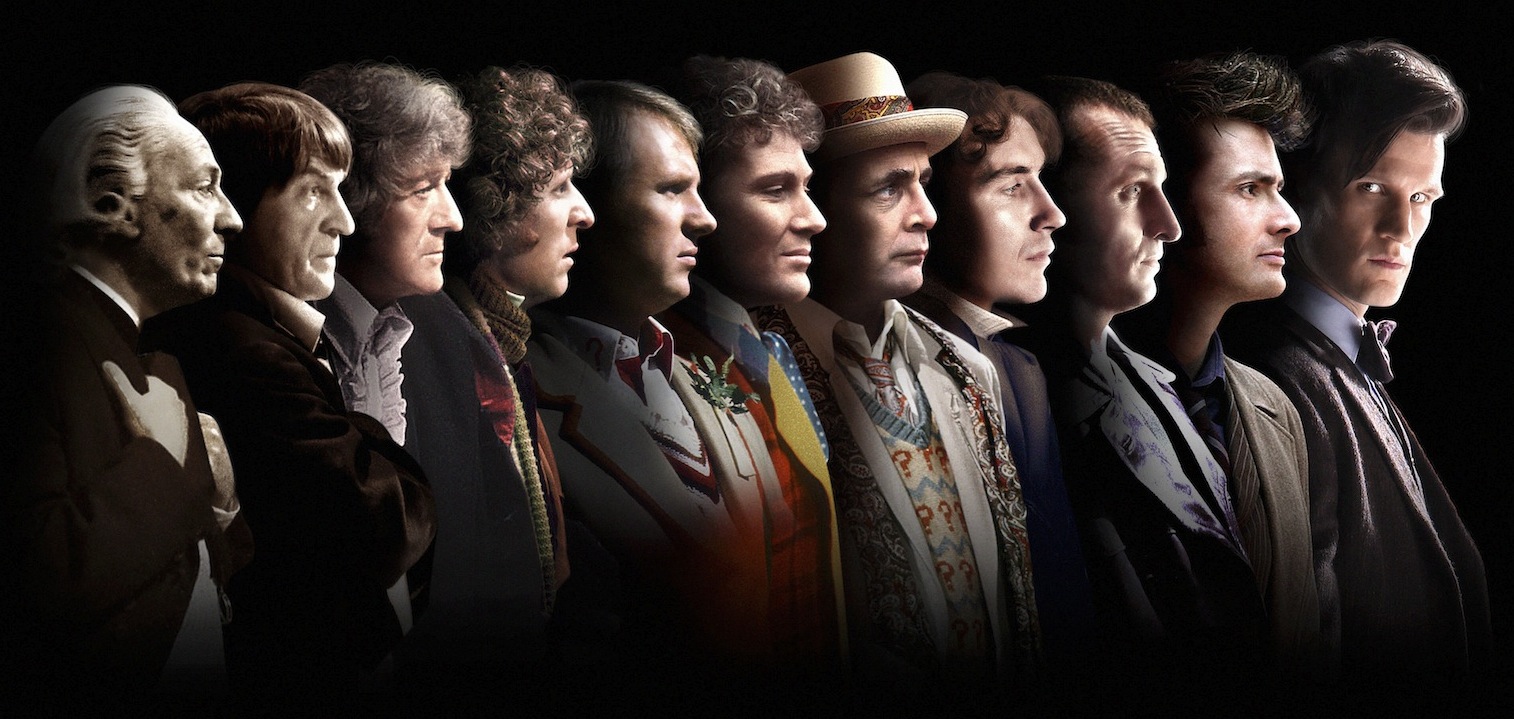If stress, fear, and anxiety are normal and helpful parts of the human experience, than why are anxiety disorders one of the most common mental health problems impacting children, teenagers, and adults?
Some people are more sensitive to anxiety. All those physical and mental changes we talked about, the stuff that comes along with the rocket fuel, those sensations are stronger in people who have a vulnerability to anxiety. Others have gone through difficult experiences — maybe they were bullied, saw a traumatic event where someone’s life was in danger, or were in a situation that went drastically wrong. There’s also the possibility that someone might not know what to do when they’re anxious and feel out of control when fight or flight is triggered.
When anxiety limits what you can do in your life, or makes everyday activities painful, that’s when you’ve got an anxiety disorder. Most people with anxiety disorders cope by avoiding situations that cause them distress (like Tony Stark in Iron Man 3). But there’s no way to completely avoid anxiety, it’s a normal everyday human emotion. Avoiding situations increases anxiety sensitivity, making the problem a lot worse in the long-term. What’s the solution? Experience the anxiety and ride it out.
This type of treatment is called exposure therapy. It’s based on the biological process of habituation, how humans get used to things that stay the same. Think about the last time you jumped in a pool. The water felt cold at first, right? But the longer you stayed in, the warmer the water felt. The actual temperature never changed but because you stayed in the situation your body got used to it. We use this same process in cognitive behavioral therapy to help people become comfortable with anxiety, accept anxious thoughts, and face anxious situations. It's the most effective treatment for anxiety disorders.
That’s why I love this week’s Doctor Who — it reminds us that everyone, including Time Lords, get anxious and that’s totally normal. In fact, it’s pretty cool and super helpful.
















